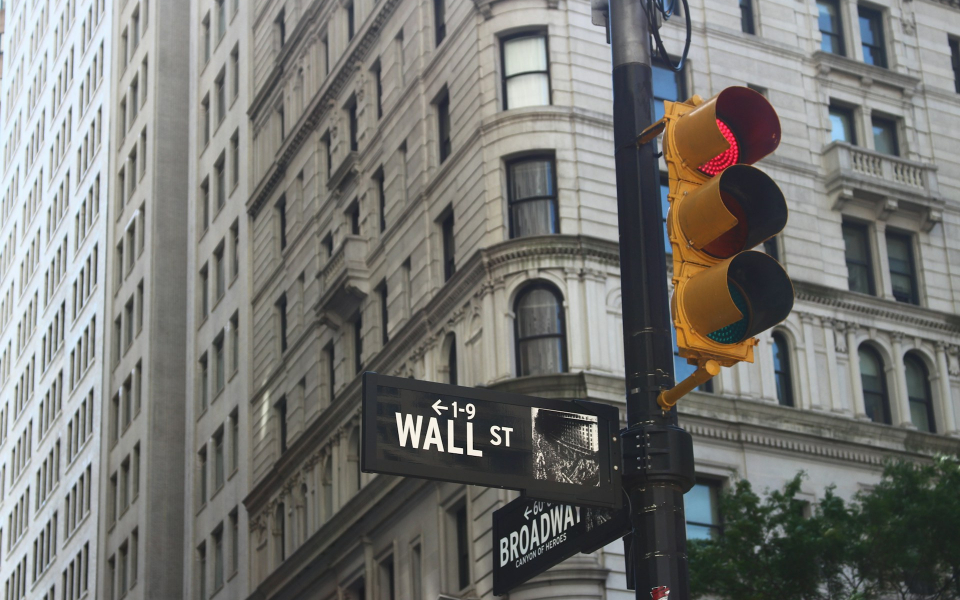Stocks dove further on Friday after China announced retaliatory tariffs on U.S. goods, further fueling recession fears on concerns President Donald Trump is starting a global trade war. The Dow Jones Industrial Average plunged over 2,200 points, while the S&P 500 Index and Nasdaq Composite dropped nearly 6% each.
Here's how the market settled to close out the week:
S&P 500 Index
Dow Jones Industrial Average
Nasdaq Composite Index
On Friday, China's Finance Ministry said it will impose a 34% tariff on all U.S. imports starting on April 10, and urged the U.S. to cancel its tariffs and resolve trade differences through "consultation in an equal, respectful and mutually beneficial manner," according to a Google translation.
Trump announced a flat 10% tariff on all trading partners on Wednesday along with higher reciprocal duties against large trading partners like China, which saw its effective U.S. tariff rate against the country to 54%.
"The world has changed, the economic conditions have changed. Indeed, this can be dramatically witnessed in the recent decline in CEO confidence," wrote Rick Rieder, global fixed income CIO at BlackRock, in a note on Friday. "And for multinationals, and small businesses, tariffs are dramatically influencing confidence in hiring, spending on capital expenditures, research and development, and potential mergers and acquisitions."
Friday's declines follow deep losses on Thursday, with the Dow cratering 1,679.39 points. The S&P 500 also full fell into a market correction after dropping 4.84% on Thursday, and it now more than 17% off its recent high. The Nasdaq Composite, which is heavily impacted by tech companies that manufacture overseas, is now about 22% below its December high, and officially entered a bear market.
Federal Reserve Chair Jerome Powell said in a speech in Arlington, Virgina on Friday that he expects Trump's tariffs to raise inflation and lower growth, adding that the central bank faces a "highly uncertain outlook," as the announced tariffs were "significantly larger than expected."
"While tariffs are highly likely to generate at least a temporary rise in inflation, it is also possible that the effects could be more persistent," Powell said in prepared remarks. "Avoiding that outcome would depend on keeping longer-term inflation expectations well anchored, on the size o the effects, and on how long it takes for them to pass through full to prices."
"Our obligation is to keep longer-term inflation expectations well anchored and to make certain that a one-time increase in the price level does not become an ongoing inflation problem," Powell added. "We are well positioned to wait for greater clarity before considering any adjustments to our policy stance. It is too soon to say what will be the appropriate path for monetary policy."
Offering a bright spot on Friday, the Private Payrolls rose by a more-than-expected 228,000 in March, according to the Labor Department, up from February's revised print of 117,000 and offering some confidence that the labor market has remained stable. Still, the unemployment rate rose to a more-than-expected 4.2%.















